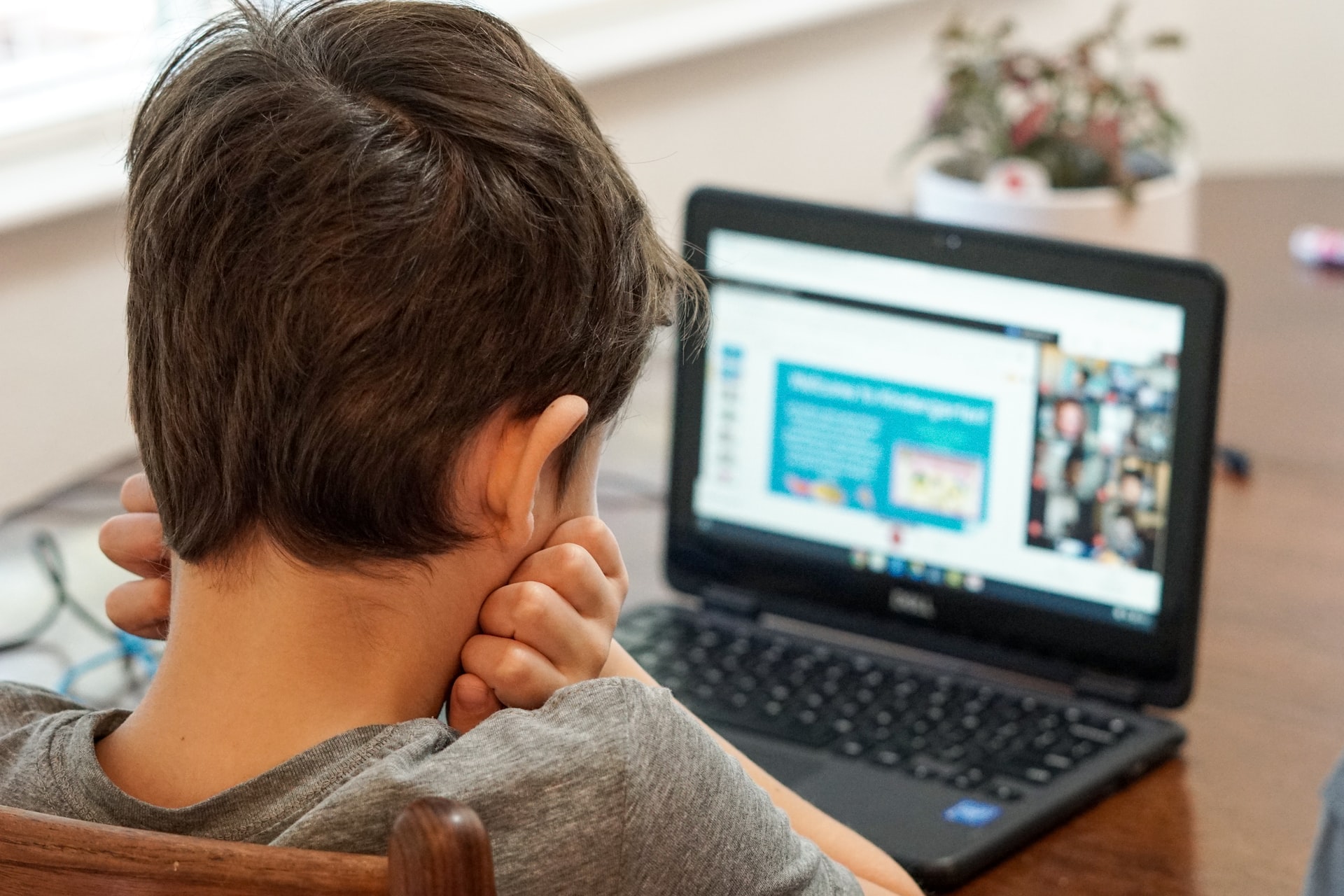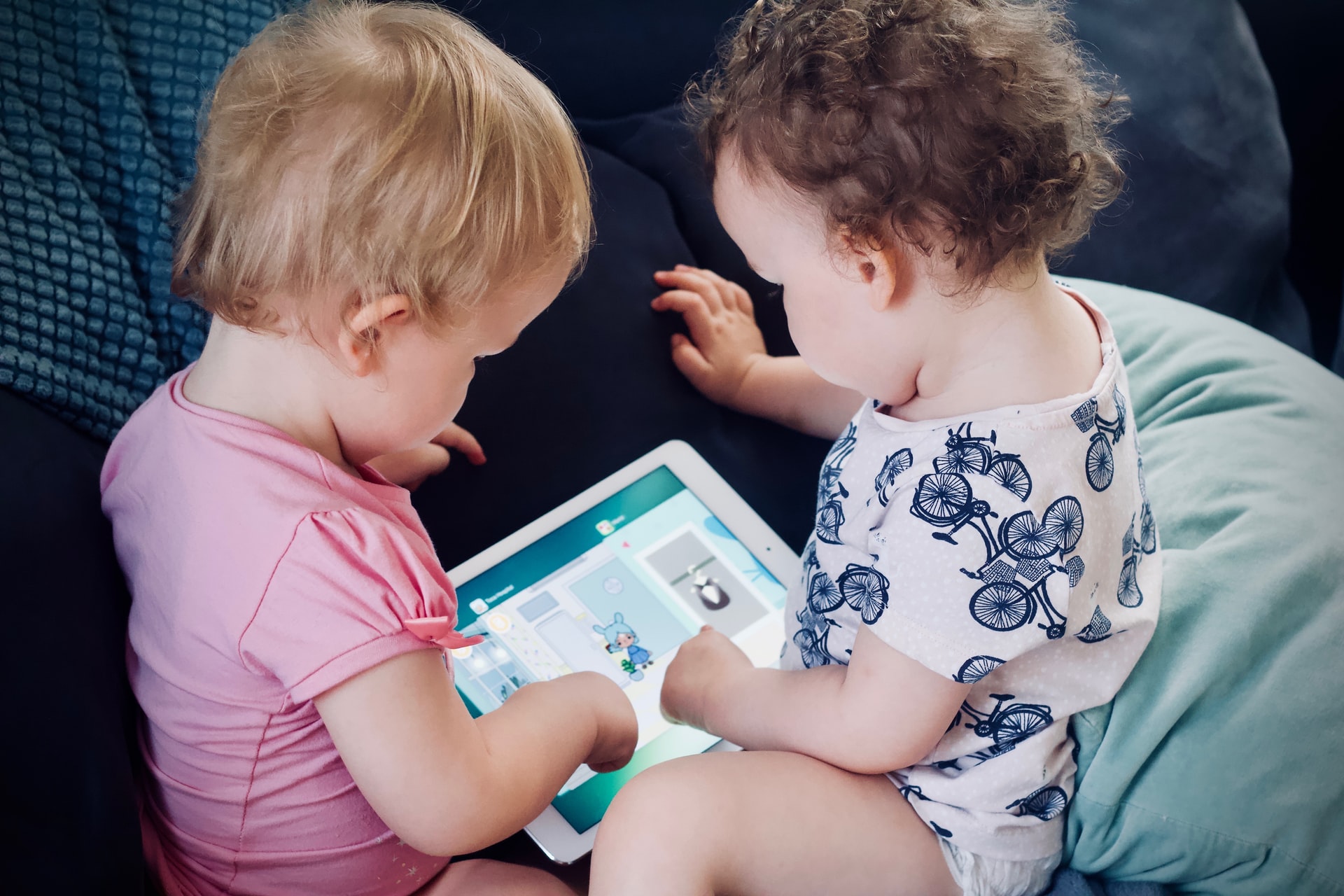Developmental Milestones: Age 11

Your eleven-year-old is swiftly nearing the tumultuous adolescence that so many parents fear. However, this is still a time when you can savor the remaining vestiges of their childhood. Many parents attempt to avoid these awkward in-between seasons with their children, although they are full of priceless moments.
Enjoy all of the emotional and social development that is certain to occur this year.
It can help parents prepare appropriately if they know what to expect from the upcoming school year. What changes will your eleven-year-old experience this year? Each child’s approach to these fundamental milestones will be unique. This guide should give you a good understanding of what changes to expect.
Physical Growth and Development
It’s not uncommon for parents to notice the first signs of puberty in their children around this age. Outward symptoms of breast development, voice changes, greasy complexion, or body hair growth may appear. All of these are perfectly natural signs that your child will go through a bodily transition in the coming years.
It is usual for your child’s growth spurt to persist at this age. Expect your youngster to complain about growth aches or muscular cramps during this period. They may eat larger portions at mealtimes and sleep for longer periods than they did previously. Both of them indicate a growth spurt.
Physical Development
It’s not uncommon for parents to notice the first signs of puberty in their children around this age. Outward symptoms of breast development, voice changes, greasy complexion, or body hair growth may appear. All of these are perfectly natural signs that your child will go through a bodily transition in the coming years.
It is usual for your child’s growth spurt to persist at this age. Expect your youngster to complain about growth aches or muscular cramps during this period. They may eat larger portions at mealtimes and sleep for longer periods than they did previously. Both of them indicate a growth spurt.
Development of Social and Emotional Skills
Many children will have made the full-fledged jump into their friendships by the age of eleven. They are willing to battle for independence, even if they lack the maturity to handle it. As youngsters traverse the murkier seas of social cliques, parents and their perspectives become less essential.
This year, peer pressure may be a major concern, so make sure to have plenty of open dialogues with your youngster. You may need to offer them specific instructions on what is proper and wrong. At this age, it is critical to discuss sensitive topics like alcohol and drugs.
Children that struggle socially may have low self-esteem. A bad self-image can lead to poor decisions and increased sensitivity to peer pressure. Parents can assist combat these challenges by encouraging and building up their children. Quality time is critical for making a difference in your child’s life.
Development of the Mind
Your child may progress significantly cognitively this year, but much of it is due to social development. An eleven-year-old can understand a friend’s point of view, and they can also comprehend the concepts of secrets and privacy. Their ability to see other people’s points of view enables them to fight and comprehend different sides of a given problem.
They may begin to utilize social media more frequently to collect information and comments from their friends. Parents will need to constantly watch their children’s use of this site to ensure that they are exercising proper safety habits.
In the coming year, parents may look forward to several significant milestones. Your child is growing at an astonishing rate, from physical changes to an enhanced capacity for social relationships. Take advantage of these last few moments before your youngster becomes even more independent in his or her adolescence.






